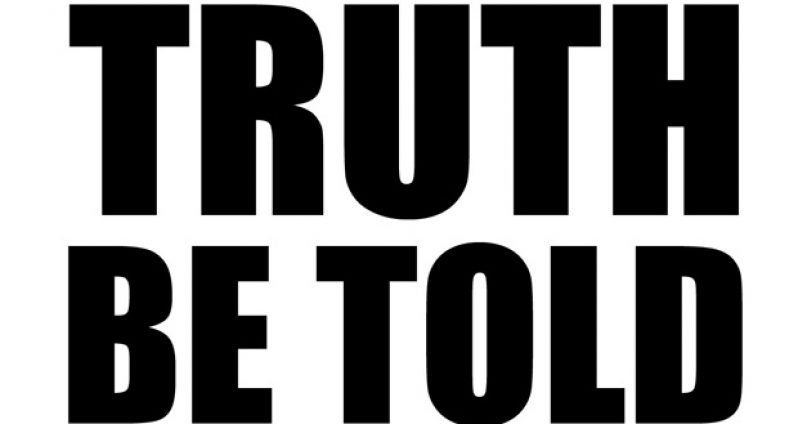Debating and Public Speaking
By Professor Daizal Samad
SEVERAL years ago, in either New York or Toronto, one of the old timers from the University of Guyana reminisced about seeing and hearing groups of UG students involved in debates.This was in the 1970’s, and the debates were informal and held on the pavements and sidewalks of the university. This was not a formal requirement from lecturers, according to this lecturer from back in the days. While the topics could have been anything and the structure was informal, the language and conduct were very formal, very correct. This old-time lecturer claimed that I was part of it, but I honestly cannot remember any of it.
What I do remember was the first formal debate at UG in which I was involved. It was part of a course called ENG. 100. It was taught by Mrs. Joyce Jonas (now Dr. Joyce Jonas), and it was this lecturer who took the initiative to have this in-class debating competition. It may have been the first such initiative at UG. Dr. Jonas’s initiative yielded greater dividends than she may have imagined.
I took that experience with me to New Brunswick, Canada. As a young Assistant Professor at St. Thomas University, I founded the STU Debating Society. The response from all students, faculty, senior administration and the society was astonishing. The 800-seat auditorium was packed. It took work to train the student-debaters, including getting them to know the fundamentals of Robert’s Rules of Parliamentary Procedure, physical carriage, demeanor, language, deportment, conduct, and so on. It took even more work to train two of these first-year undergraduates so that they could compete in the World Universities Debating Tournament. In that year, it was held at Princeton University. The STU team did not win, but they beat seasoned debaters from Yale and Oxford.
I did the same thing in South-East Asia and Africa. Dr. Jonas’s initiative at UG paid great dividends on several continents. The crowning achievement may have been training the World Public Speaking Champion. This was a very young girl who was not even enrolled in the formal degree programme at the university in Africa where I was Senior Professor. She was in the foundation programme, mostly learning English. English was her fourth language, after French, Arabic and Berber. At times, the training was unkind, even ruthless. It is no easy thing to stand with no winter coat, with just socked feet in the snow (yes, it snows in Africa!!), the temperature minus 7 degrees, and deliver a speech. Language is not simply about grammar and syntax. It is about tone, mood, the pitching of the voice without shouting, the modulation of volume…all of it. This girl (she wore the Islamic headwear called the hijab (here, we call it a “kemar”). World Champion! Incidentally, at the World Championship, no microphones are allowed, but every single person in an enormous parliamentary hall has to hear what you are saying, even if you whisper.
Now to us here in the Republic of Guyana. Can anyone tell me if we have ever sent any single Guyanese to any international Debating or Public Speaking Championship? If we have not, why not? There is, as we mentioned, the World Universities Debating Championship. One would have thought that someone at what passes for our university would know about this. Even if we knew about it, do we have anyone to train our kids for this level of competition. How about the World Public Speaking Championship? Anyone? If no one, why not? Where have all the Jonases and Rickfords and Edwards and Robinsons gone? Who is taking any initiative?
As a Nation, we are excellent at making noise. From our mouths come all manner of self-indulgent drivel. We mistake babble with being articulate. We mistake volume for intensity. And we are so very good at turning up “music” from imported “sound systems”. And yet, we cannot speak. English, we say, is our first language. It is not, really. Maybe we can begin by speaking the English to our children, but how can we if we do not know how to speak the language? Maybe we should begin with our teachers, but can our teachers speak the language? One person who calls herself a teacher and fancies herself educated asked me: “Wah yuh ah call fah?” This is not about formal English versus Creolese. It is about conduct and judgement.



.jpg)








